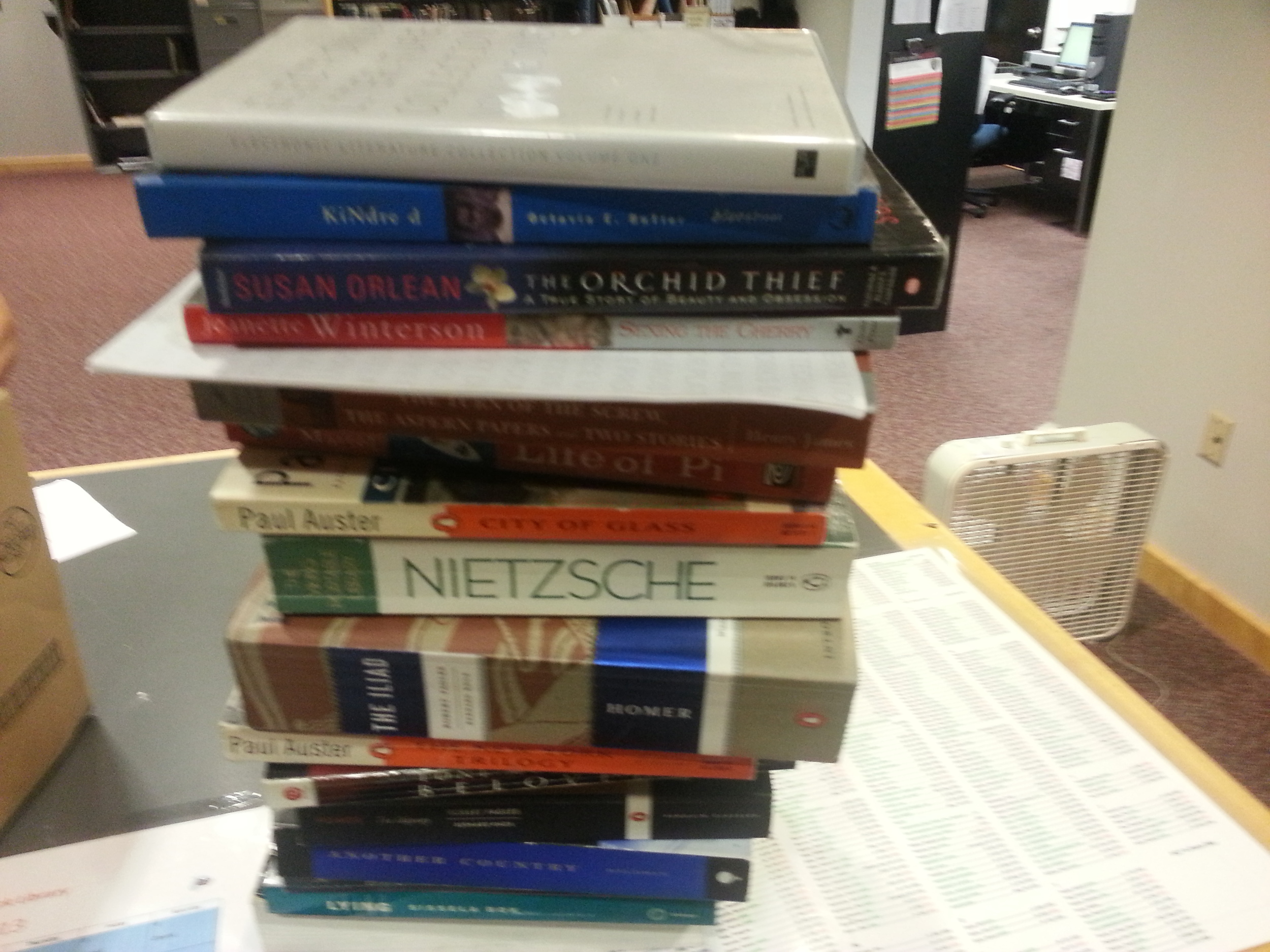Thinking about time is to acknowledge two
contradictory certainties: that our outward lives are governed by the
seasons and the clock; that our inward lives are governed by something
much less regular - an imaginative impulse cutting through the dictates
of daily time, and leaving us free to ignore the boundaries of here and
now and pass like lightning along the coil of pure time, that is, the
circle of the universe and whatever it does or does not contain.
Outside of the rules of daily time, not to be is as exact as to be.
We can’t talk about all that the universe contains because to do so
would be to render it finite and we know in some way, that we cannot
prove, that it is infinite. So what the universe doesn’t contain is as
significant to us as what it does. There will be a moment (though of
course it won’t be a moment) when we will know (though knowing will no
longer be separate from being) that we are a part of all we have met and
that all we have met was already a part of us.
Until now religion has described it better than science, but now
physics and metaphysics appear to be saying the same thing. The world is
flat and round, is it not? We have dreams of moving back and forward in
time, though to use the words back and forward is to make a nonsense of
the dream, for it implies that time is linear, and if that were so
there could be no movement, only a forward progression. But we do not
move through time, time moves through us. I say this because our
physical bodies have a natural decay span, they are one-use-only units
that crumble around us. To everyone, this is a surprise. Although we see
it in parents and our friends we are always amazed to see it in
ourselves. The most prosaic of us betray a belief in the inward life
every time we talk about ‘my body’ rather than ‘I’. We feel it as
absolutely part but not at all part of who we are. Language always
betrays us, tells the truth when we want to lie, and dissolves into
formlessness when we would most like to be precise. And so we cannot
move back and forth in time, but we can experience it in a different
way. If all time is eternally present, there is no reason why we should
not step out of one present into another.
— Jeanette Winterson
Sexing The Cherry
